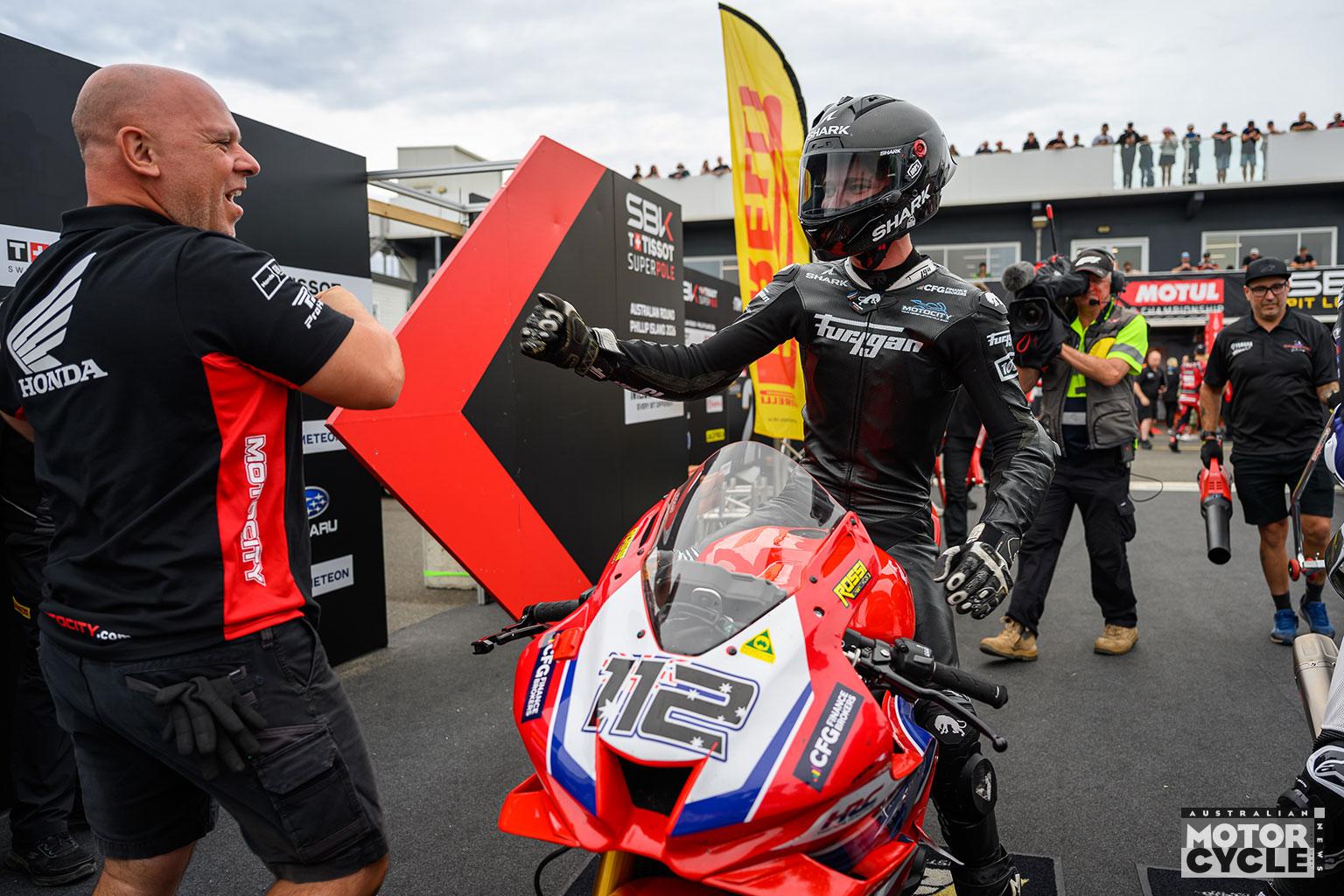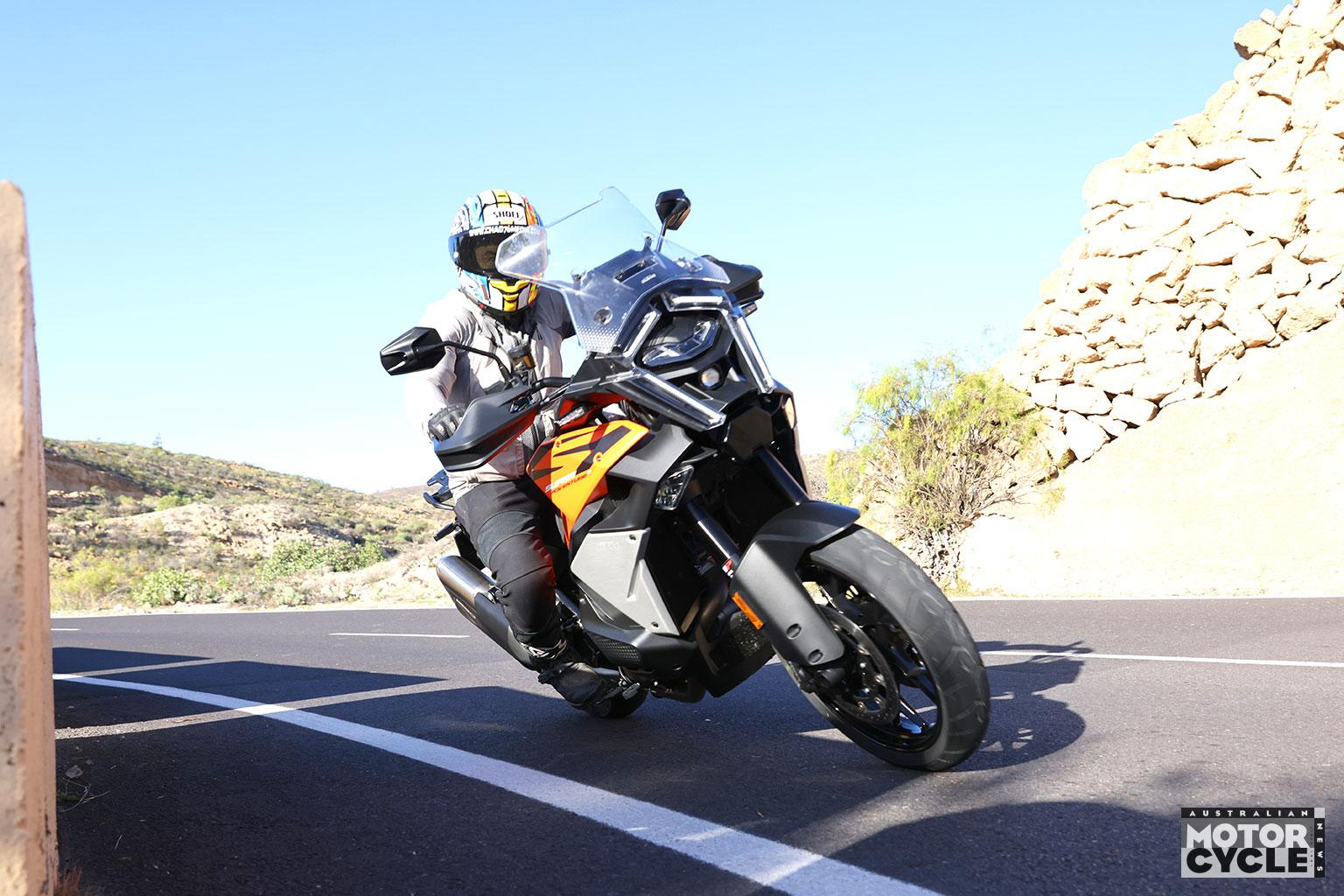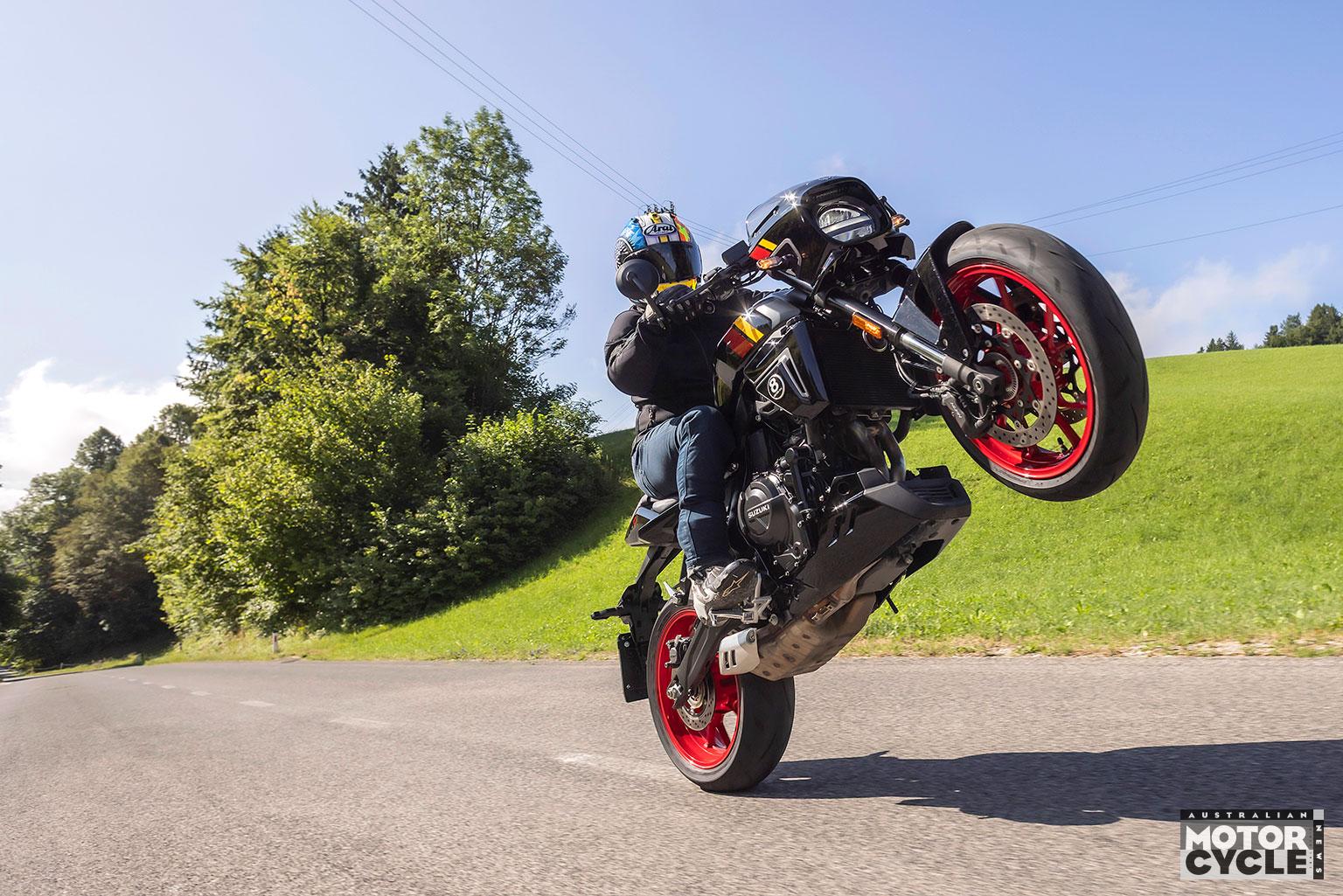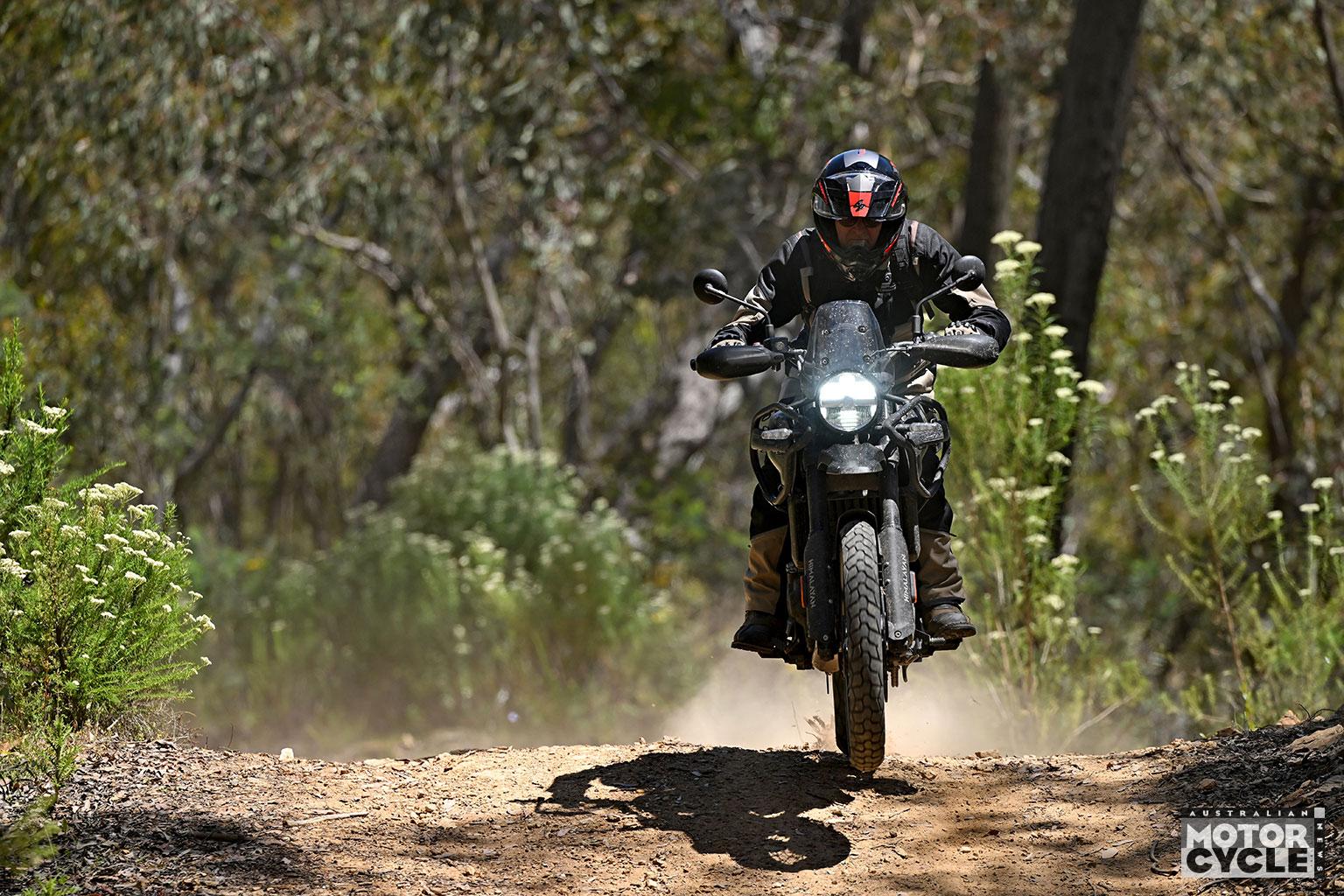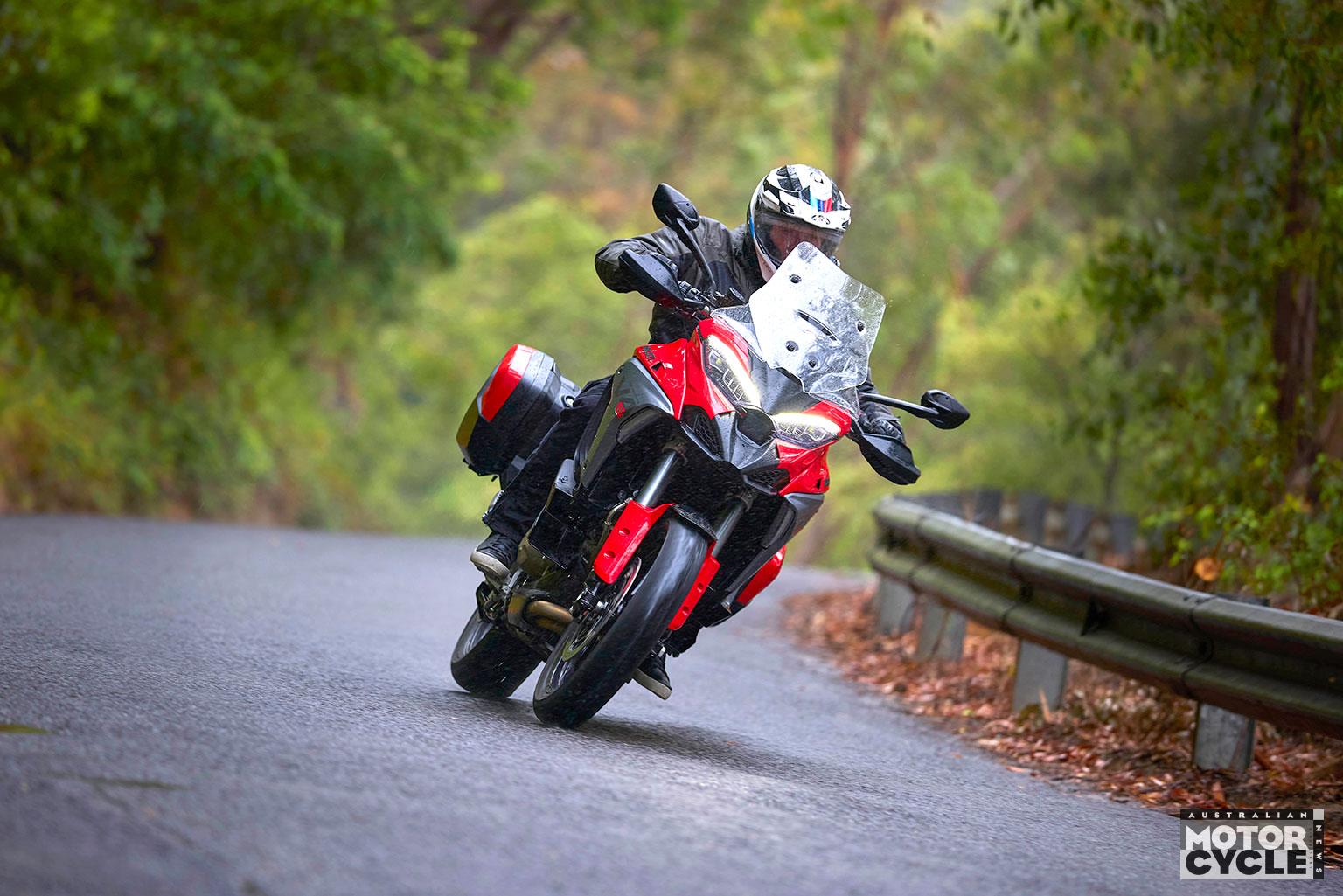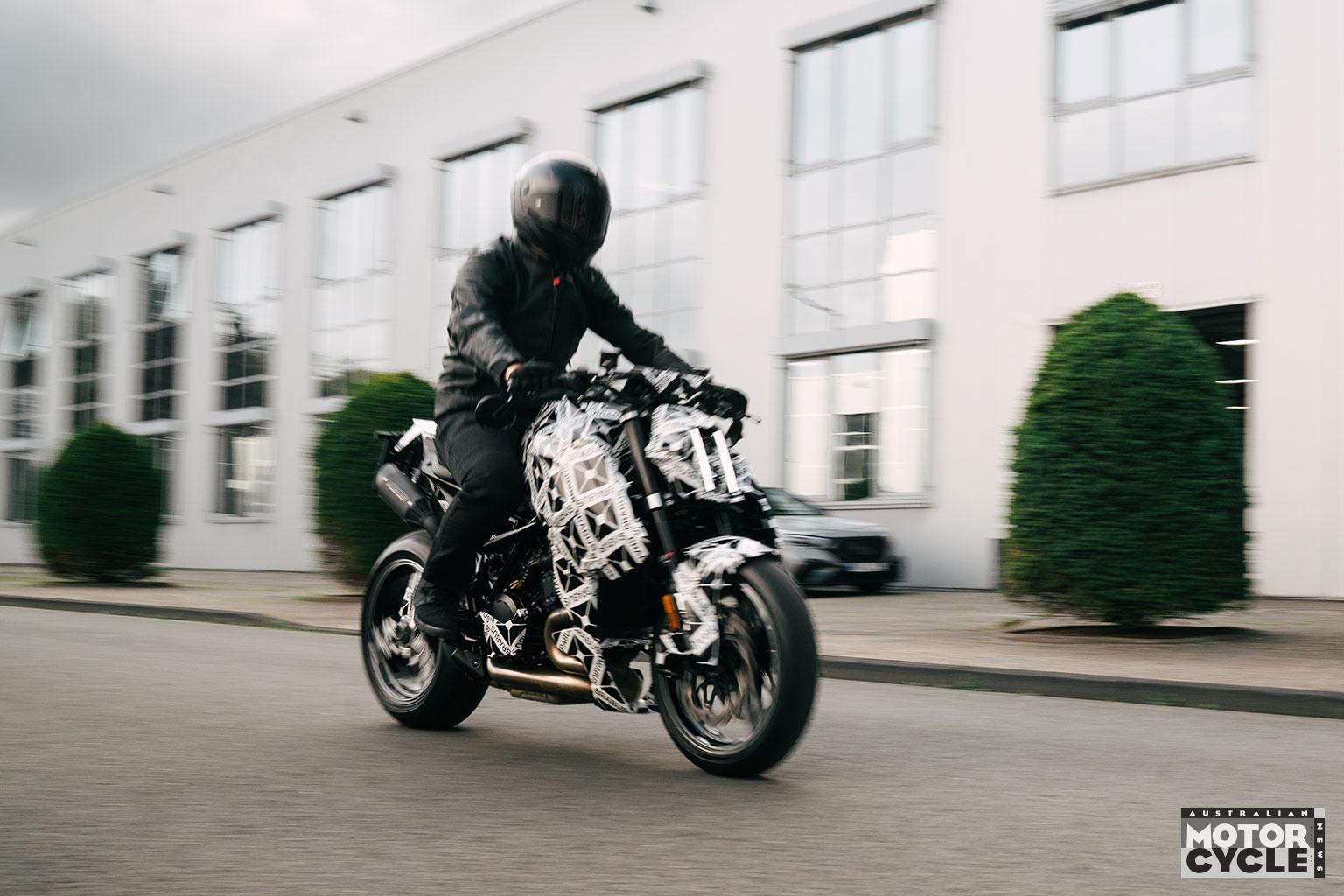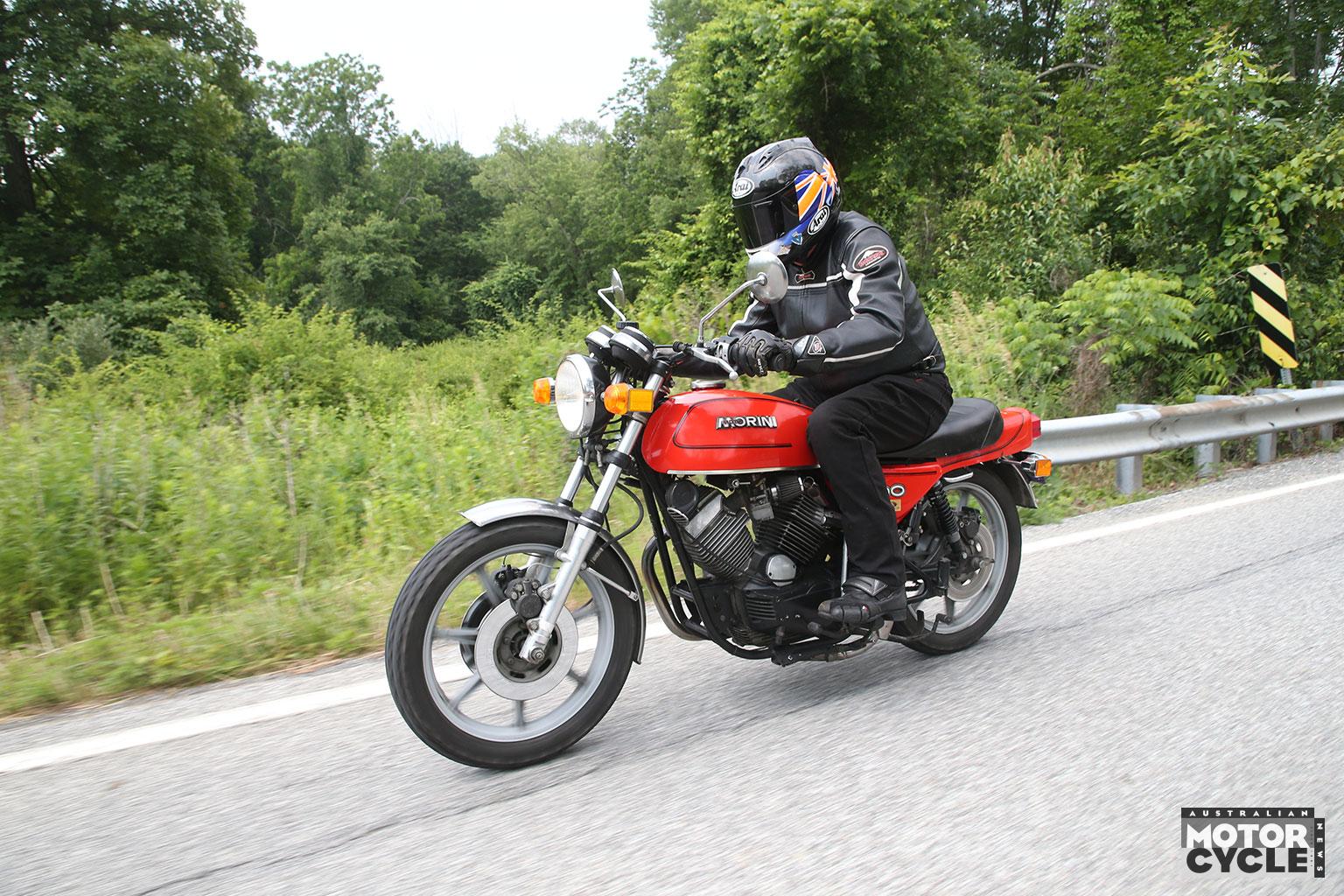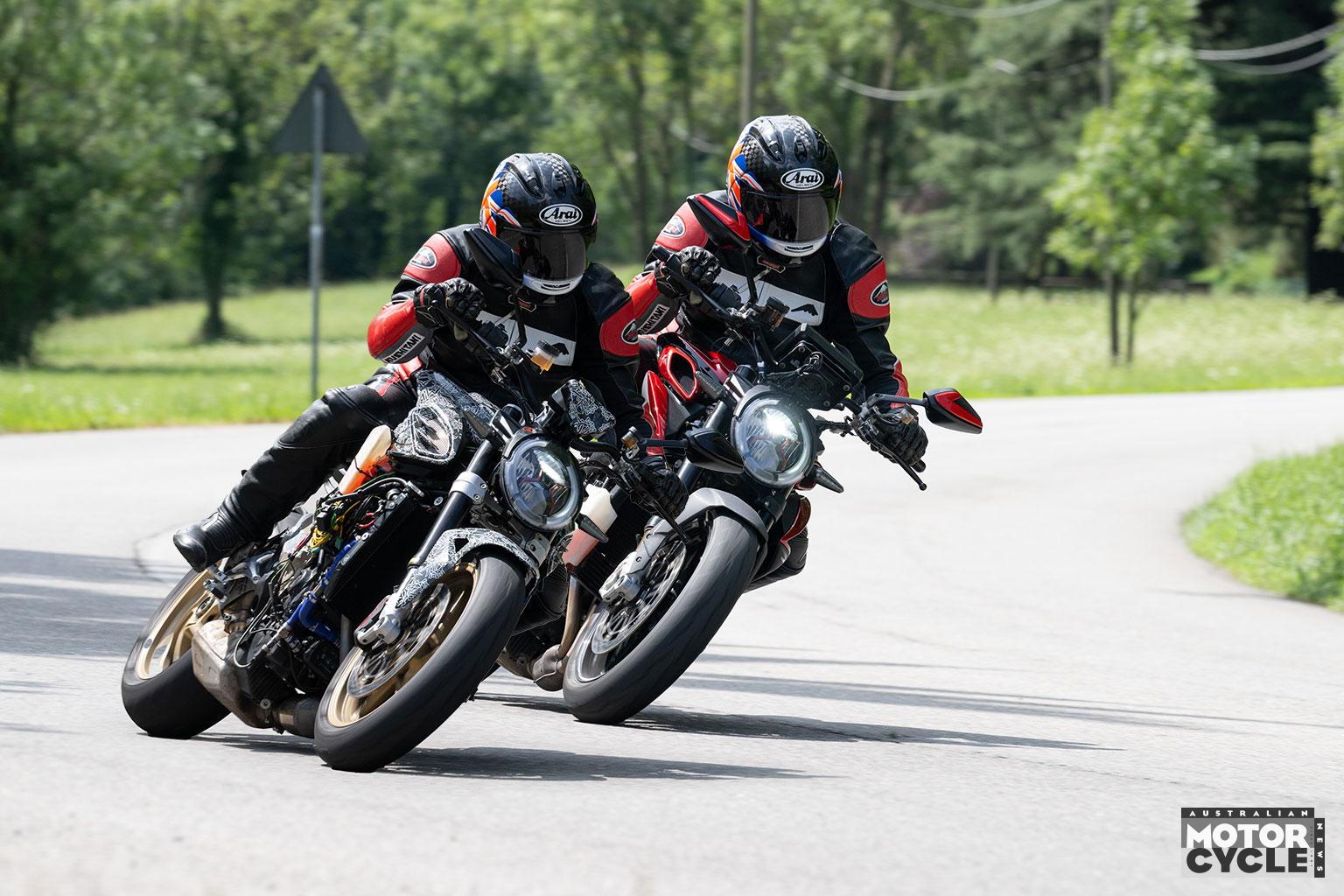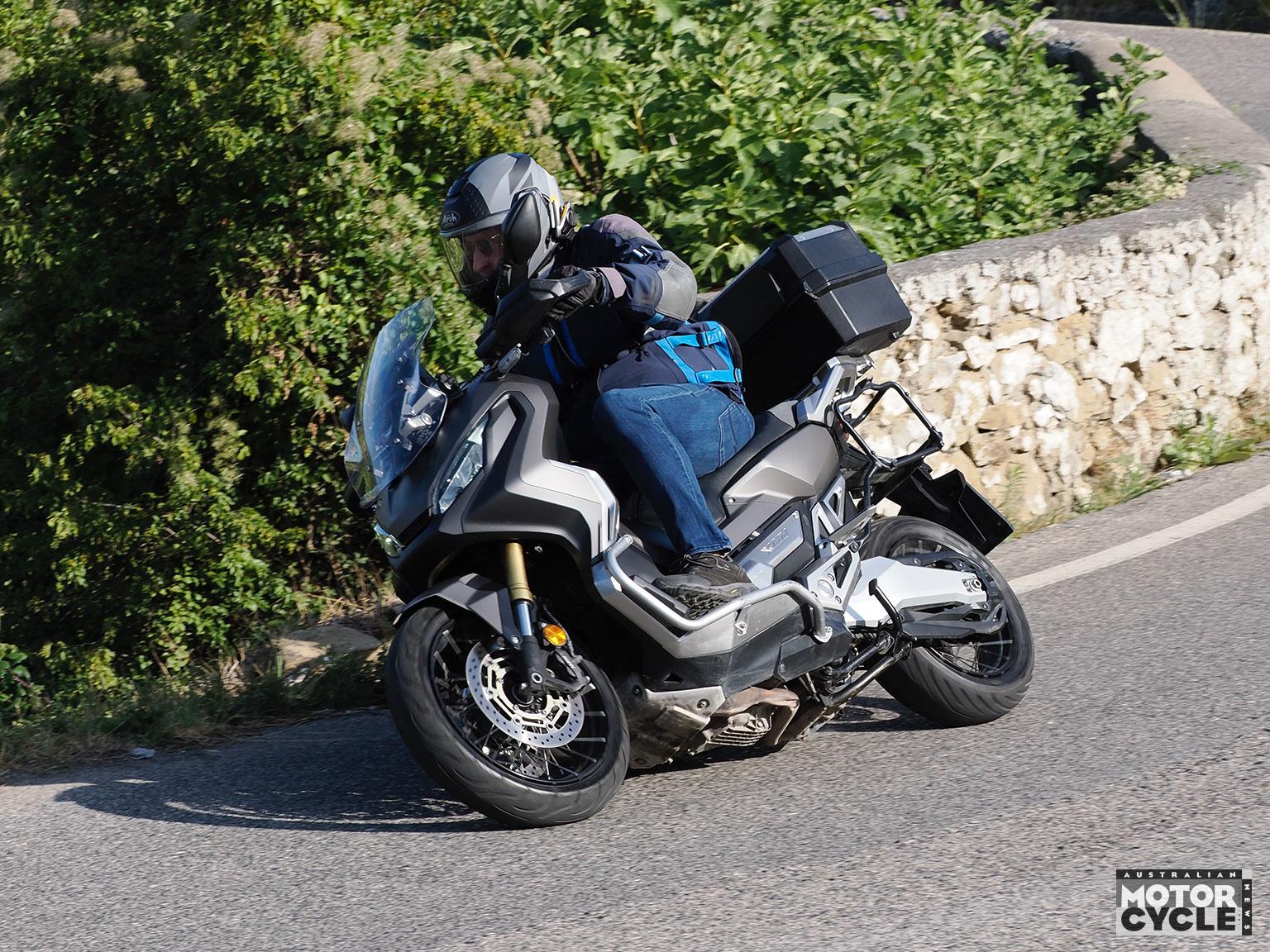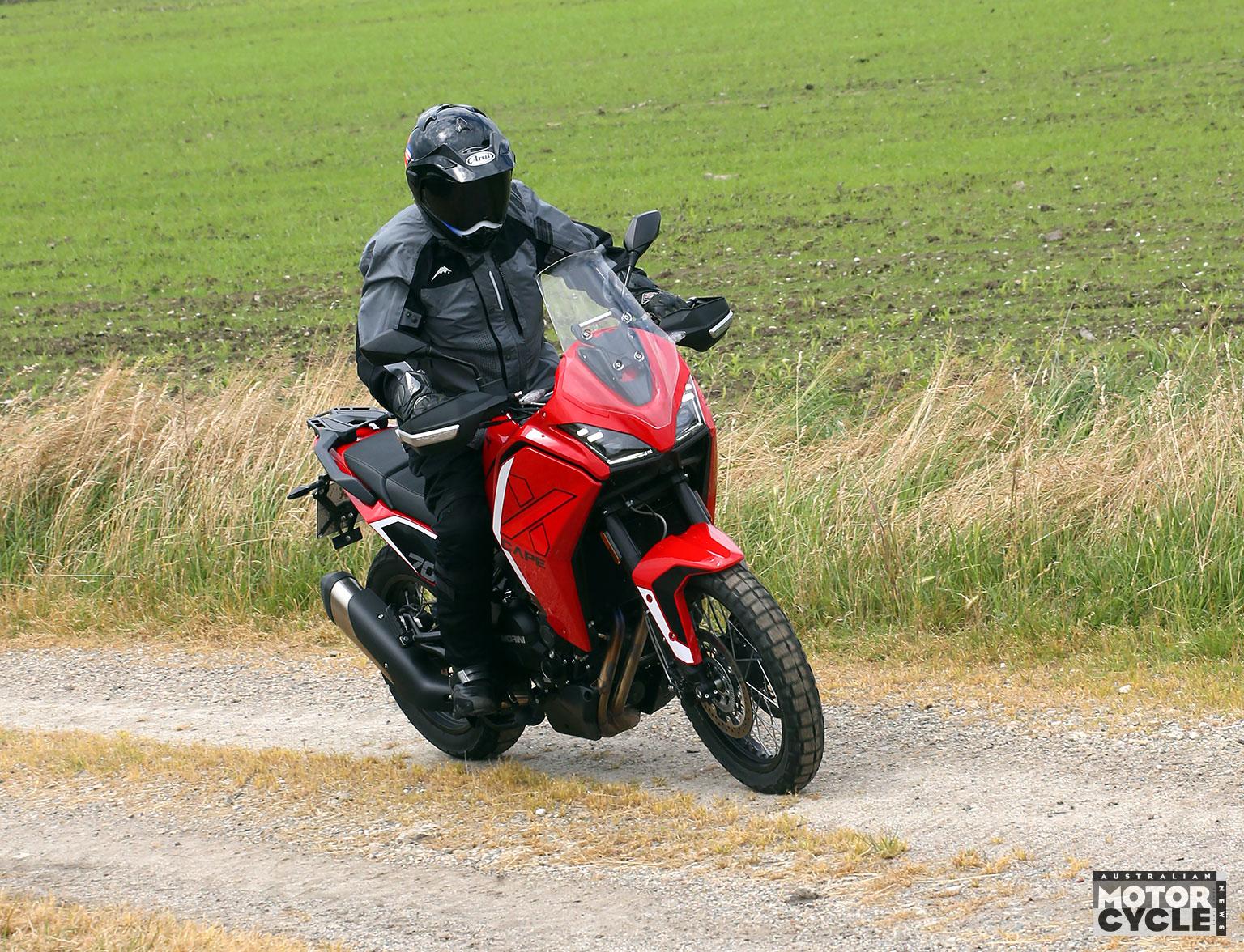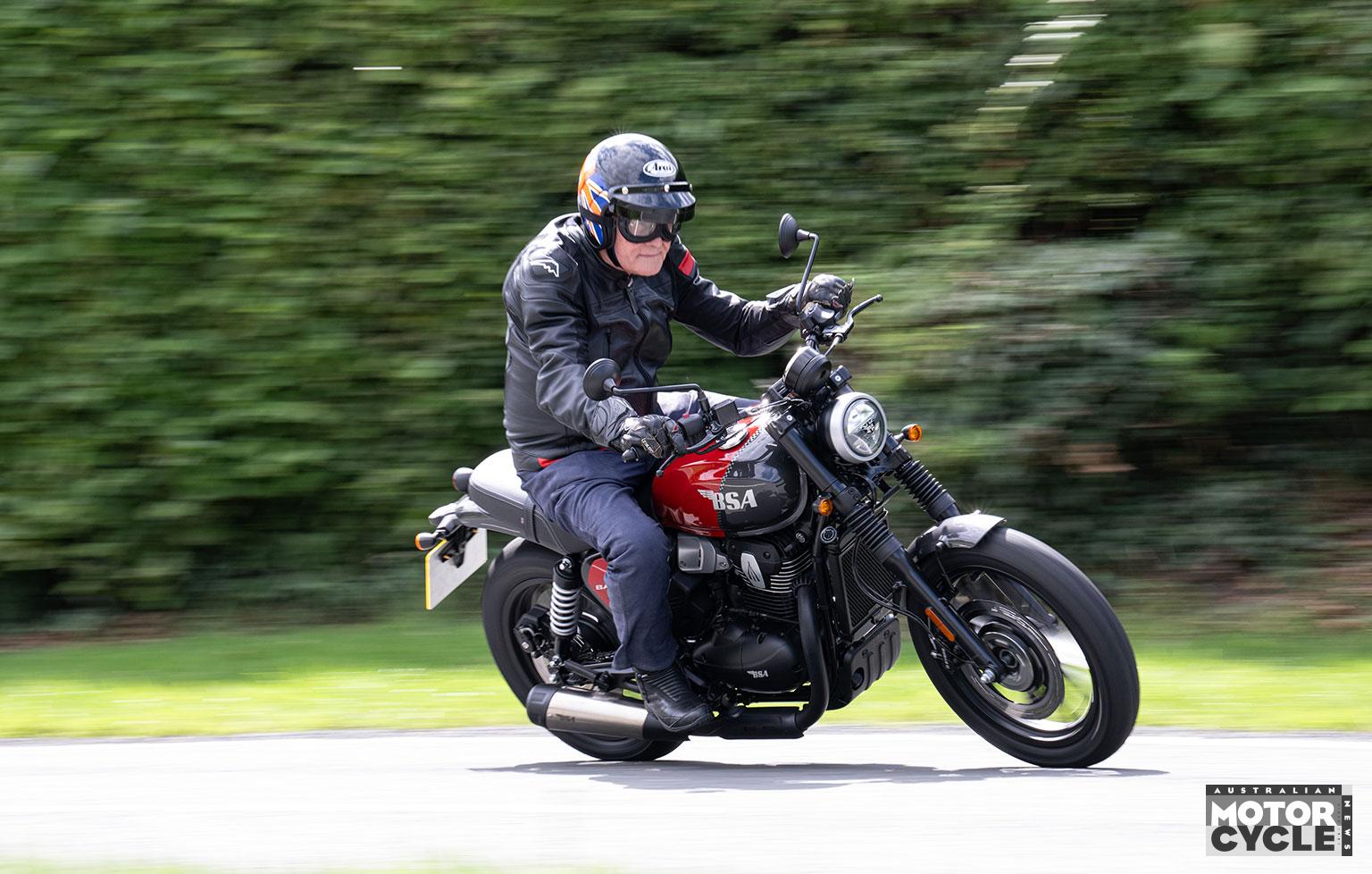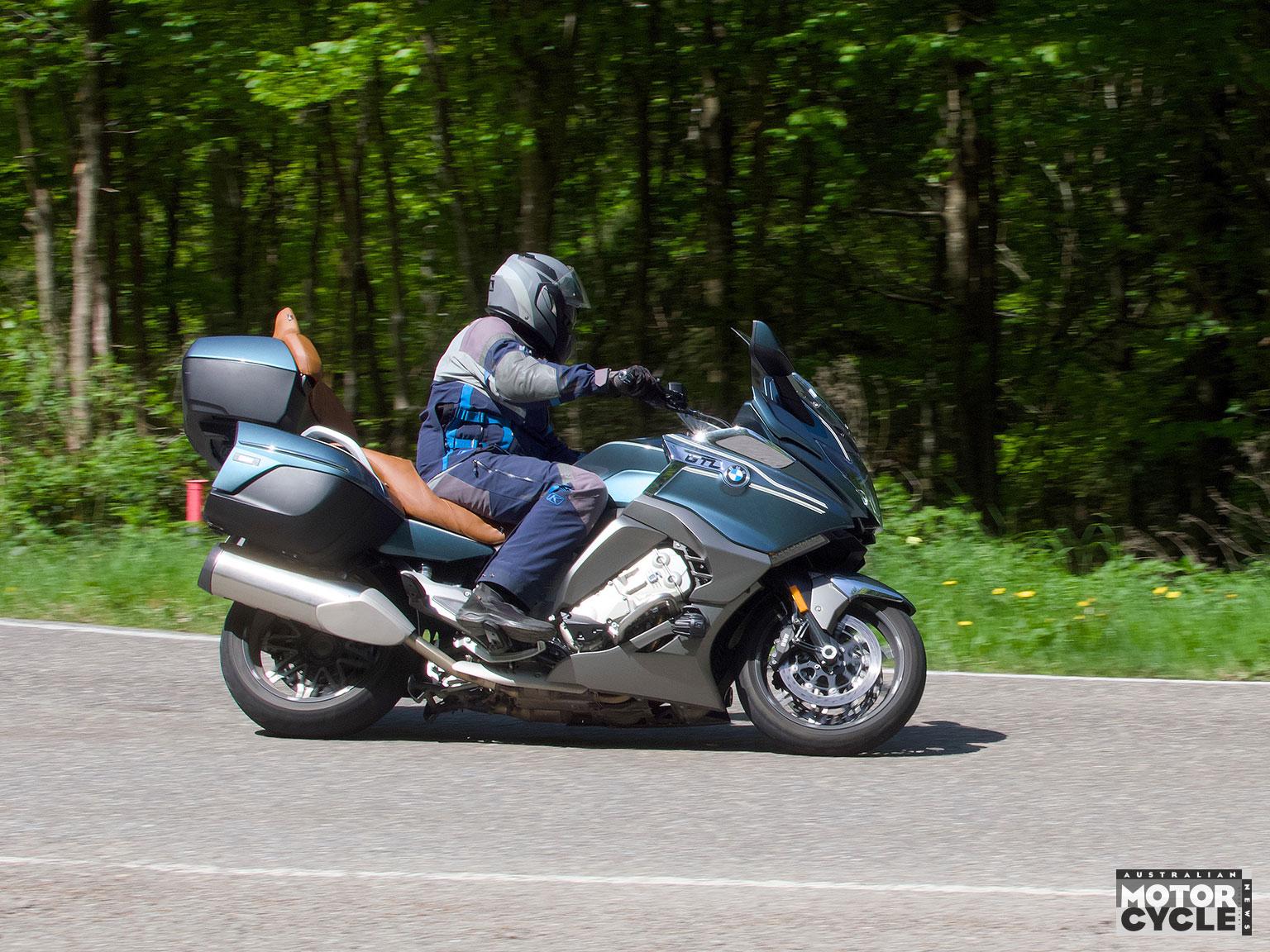BMW’s ‘airhead’ models established the brand’s reputation as handy touring bikes long before the factory launched its ‘full-dress’ tourer, the R100RT, in 1978. Numerous RT and LT (luxury tourer) models followed, powered by a range of ‘airhead’ twins, ‘brick’ fours and ‘oilhead’ twins.
But the K1200GT, launched in 2006, was the real game-changer with truly sizzling performance added to the traditional mix of touring ability and creature comforts. The K1300GT in 2009 represented the polishing of a gem, a refinement of the impressive K1200GT.
The K1300GT’s heart is a mighty 1293cc, DOHC, fuel-injected, liquid-cooled, in-line, four-cylinder engine. Producing a stonking, it’s also remarkable for its tractability and broad spread of torque – 85 per cent of its 135Nm maximum torque is on tap from a low 3500rpm. It’s an across-the-frame engine that’s canted forward to keep its mass low and to make space for a large airbox. Along with its six-speed transmission it’s carried as a load-bearing member of the aluminium bridge-framed chassis.
The K13 rides on a novel ‘Duolever‘ double-wishbone fork and a ‘Paralever’ rear. A pair of 320mm discs with four-piston calipers up front and a 294mm disc with twin-piston caliper at the rear provide braking. ABS is standard and the system is partially coupled – the front-brake lever produces some rear-brake application.
The standard-fitment panniers offer generous luggage capacity as well as being secure and watertight and easy to attach and remove. Heated grips and cruise control are included.
The K1300GT’s formidable list of standard features is complemented by an impressive options-list, including ESA-II electronically adjustable suspension, heated seats, traction control and tyre-pressure monitoring.
The separate K1300GT SE model, with a showroom price tag some $3000 higher, included many of the hi-tech options as standard.
Aboard this substantial motorcycle the sleek, aerodynamic full-fairing, with electrically adjustable screen, appears surprisingly slim. Instrumentation is a pair of easy-to-read analogue clocks supplemented by a digital display. Multiple adjustability of the handlebar and seat positions allows riders to dial in their preferred ergonomics. Surprisingly, a conventional single-toggle indicator switch replaces BMW’s traditional three-button set-up.
Once you’re underway the bike feels lighter and more agile than its 255kg (dry weight) and 1572mm wheelbase would suggest. Low speed fuelling has been finessed providing a calmer, more linear throttle response than the K1200GT. Clutch action is smooth. Gearshift action is also improved but still engages first with a noticeable ‘Beemer clunk’. BMW’s trademark shaft drive is lash-free and delivers drive smoothly. The fairing and screen provide excellent protection from the elements. Rider and passenger alike enjoy five-star comfort.
The amazingly tractable engine will, if asked, plod around town in top gear without protest. Equally there’s no need to change down if you need to make a swift highway pass at 100km/h – already into the meat of its torque curve at 3700rpm, it will surge swiftly past.
To unleash the beast within, just click the K13 down a couple of gears and hold on. The fierce acceleration will humiliate run-of-the-mill Porsches and Ferraris. It will also cruise comfortably, two-up, with luggage, at double our highway speed limits, with more to come.
The braking is excellent – powerful and predictable, with unobtrusive ABS.
Handling is superb. For all but superbike-riding trackday devotees, the Duolever front end will be the best and safest set-up available, tolerating rider errors, allowing braking deep into tight corners and holding a line impeccably through mid-corner bumps.
Although the K13 prefers premium 98octane fuel, it’s remarkably frugal at legal highway speeds, providing a safe touring range of over 400km from the 24-litre tank.
The BMW K1300GT’s only serious competition as a well-equipped tourer with superbike-level speed potential came from the contemporary Kawasaki 1400 GTR. Both were subsequently eclipsed by the BMW K1600GT.
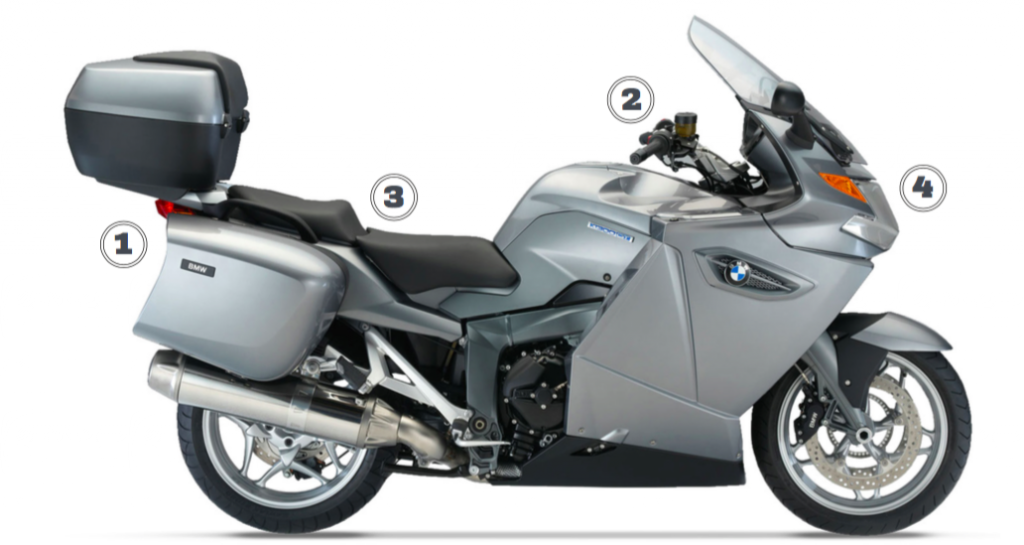
PRICE GUIDE
New Price
2009 – $29,800 2011 – $30,150
Second-Hand
$18,700-$22,600
WHAT TO LOOK FOR
The K1300 R’s excellent design and construction quality make for a reliable and generally trouble-free bike. Given its technical complexity, however, look for evidence of regular servicing by BMW-specialist technicians.
Ensure that early ’09 examples have been checked for rear hub cracking and have cam-chain anti-jump guards fitted – thanks to BMW-guru Chris Roberts of BM Motorcycles, Mitcham, Victoria, for that expert input. Identify and take into account the cost of replacing any consumables like brake rotors, brake pads and tyres that are near their use-by-date
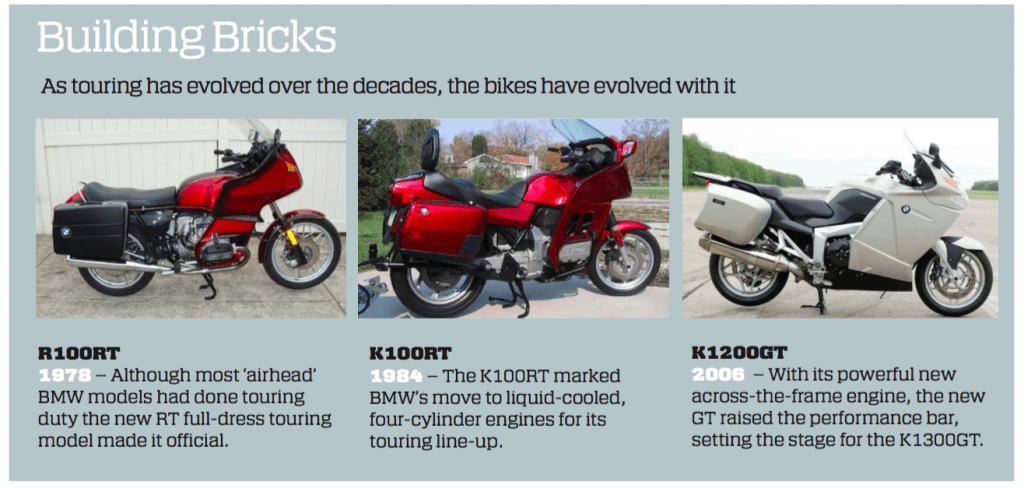
SERVICE HISTORY
Capable DIY owners can carry out basic maintenance on a K1300GT. However oil and filter changes are a fiddly job due to the dry-sump set-up.
Normal servicing is at 10,000km intervals with the majors involving valve-clearance checks every 30,000km.
Majors are best left to BMW-specialist technicians equipped to deal with the bike’s numerous high-tech systems. Valve clearance adjustments are a big radiator-out and camshafts-out job.
WORDS ROB BLACKBOURN PHOTOGRAPHY AMCN ARCHIVES
